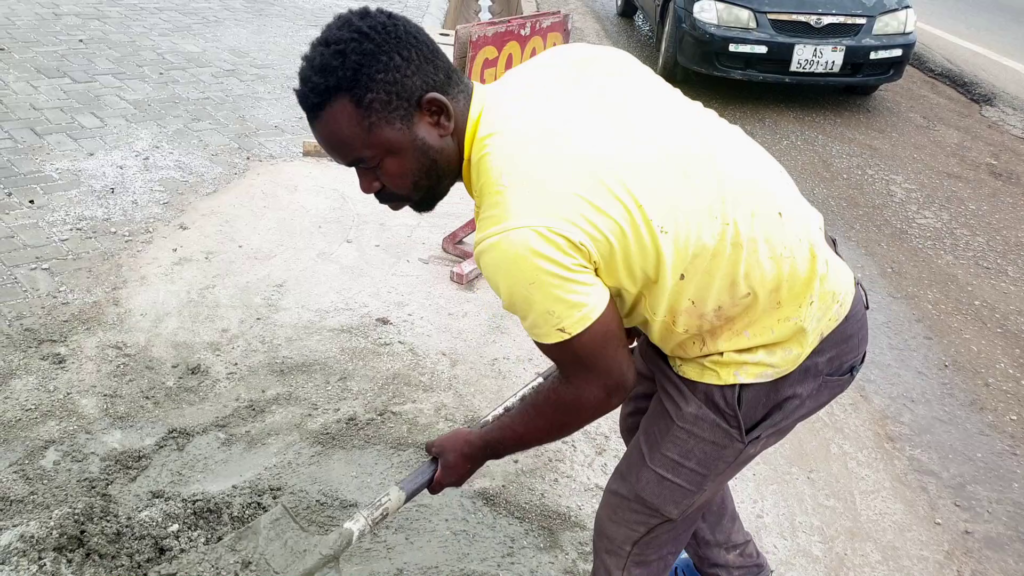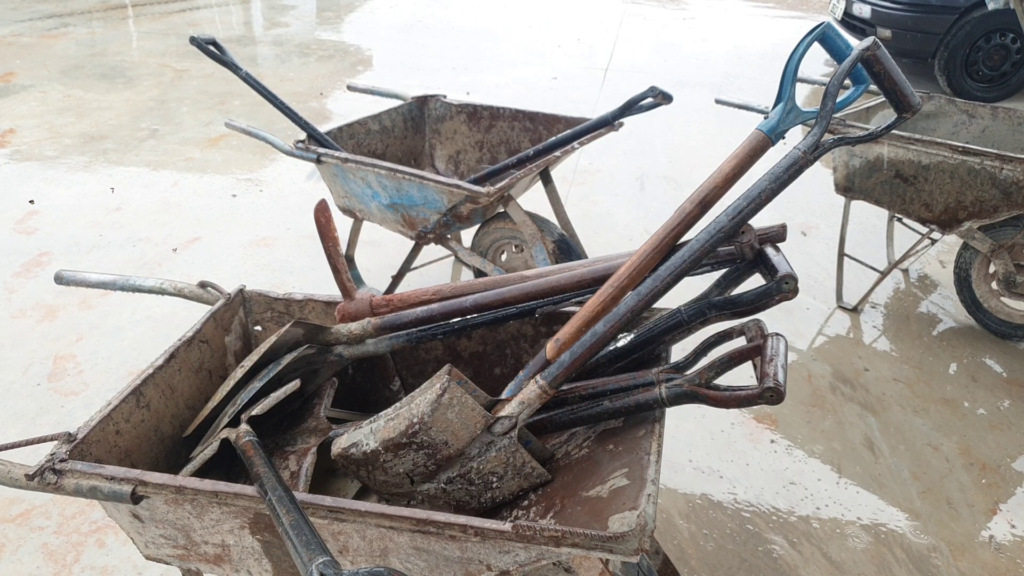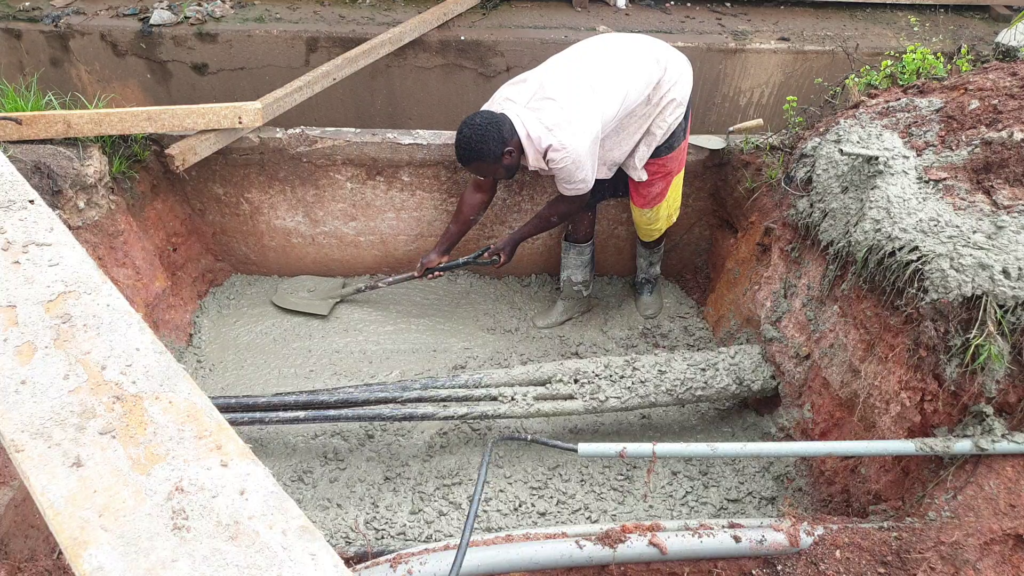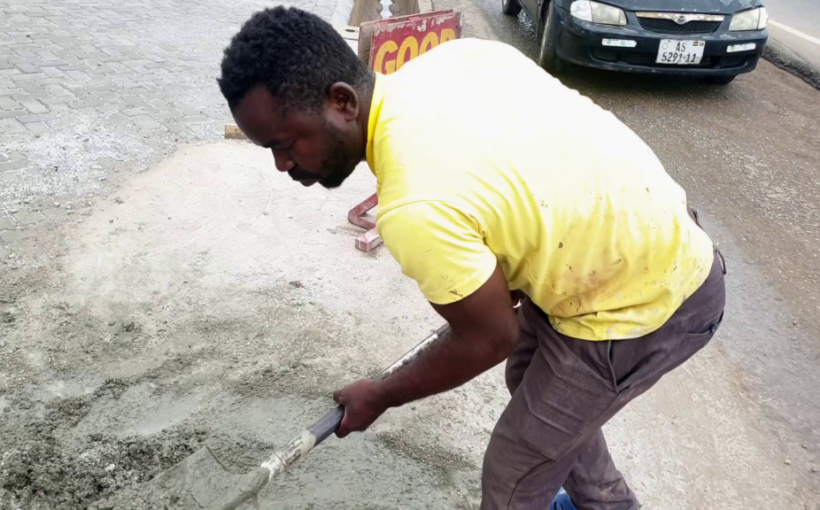Players in the building and construction industry in the Ashanti Region have expressed worry over the recent hike in the price of clinker cement.
Cement has been priced at 71 cedis on the local market, but selling at 80 cedis in some parts of the country.
Between March and July, cement sold between 45 to 60 cedis.
Prospective home owners say the trend would curtail their plans of putting up their buildings.
Anthony Agboloh has worked as a mason for over 6 years.
To get a job done, he visited the market to purchase a bag of cement.
He is however angry at the current price.

“Last week I bought a bag of cement at 57 cedis. This morning I went to buy one. It was sold to me at 65 cedis. There has been an 8 cedis increment. This is the receipt,” he fumed.
Oheneba Nti is a site engineer.
With decades of experience in the construction industry, he worries about the consistent increase in the price of cement.
There has been little support from the government to cushion industry players.
“Government does not pay fluctuations for construction workers. Fluctuations is a mechanism for dealing with the effects of inflation on large projects. Last year, we worked on a project. The price of cement was 48 cedis per bag. But now, it is 68 cedis.
“Government has refused to pay for inflation. We are encountering losses in all our projects. Several complaints have been made. But the government has refused to pay. They are not bothered about the inflation,” he lamented.
Anthony observes many building projects have come to a standstill. This has affected his income.
“There are many jobs at hand in the construction sector. But the cement prices are on the rise. Is it the best? Eight cedis increment in cement prices! This is not GHACEM cement. GHACEM is selling over 70 cedis now. Just a bag of cement. Can we ever build or rent?” he quizzed.
Oheneba Nti has recorded a decline in getting construction jobs.
His clients are unable to pay the estimated cost given them.
“My clients have been complaining. We calculate and give them higher estimates. Mostly, they complain the price is quite high. But it is a result of the cement prices. Many clients are unable to pay. Work is becoming slow lately,” he bemoaned.

Other construction workers say they have been without work for months.
They fear the cement price hikes will gradually render them unemployed.
“Contractors and clients say we bring them high estimates. However, building requires a lot of cement. They look at the quantity and multiply it per bag. They sadly say they cannot continue or even start the project. When the project stalls, it affects the construction workers. We become unemployed,” he said.
Some prospective home owners spoke to JoyNews.
“It will affect tenants the most. Landlords will increase rent,“ Kofi Taller said.
Another said, “In March, I bought a bag of cement for 50 cedis. The increment has affected the price of other building materials. I have not been able to complete my kiosk for months now,”
While some construction workers are losing out on jobs, others say the price hikes bring more jobs.
“When the price of cement is low, people postpone or delay projects. They assume the price may never rise. But when the price is high, people complete their projects faster.
Even if you budget for the following year, the price may rise,” he said.

Construction workers and prospective home owners may have to brace themselves if the price of cement and other building materials continue to increase.
Source: myJoy



